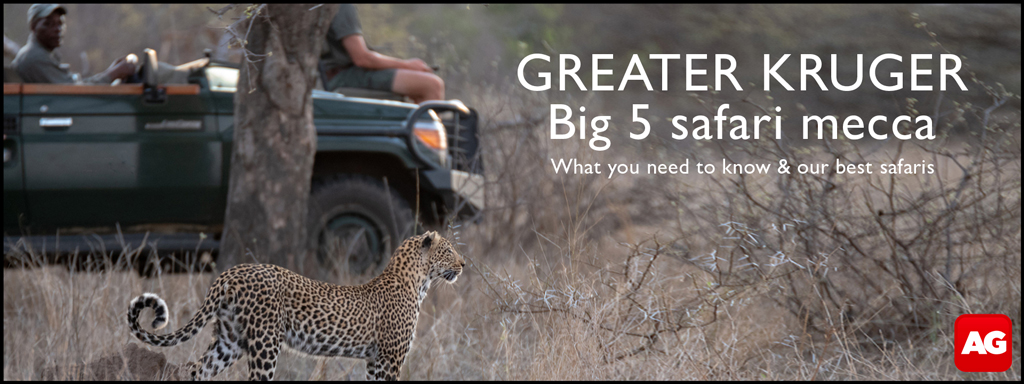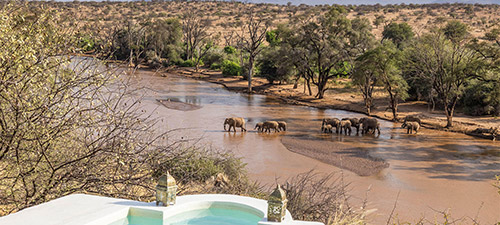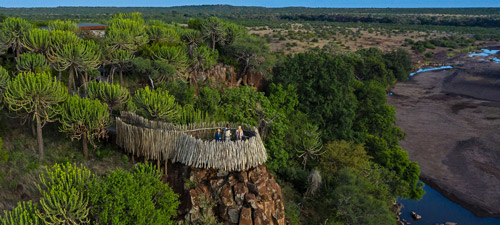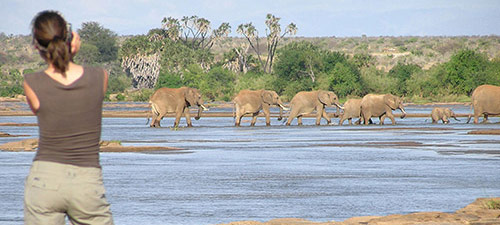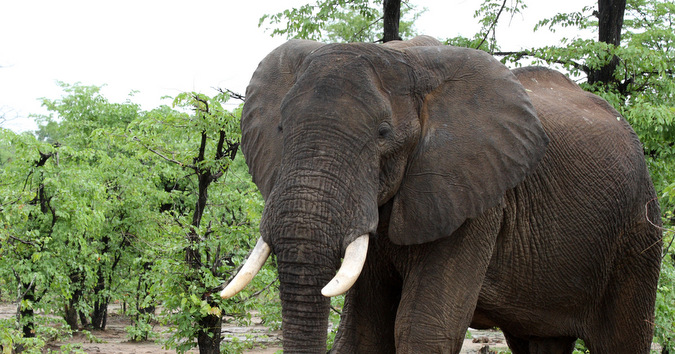
Sourced from third-party site: Traveller24, written by Gabi Zietsman
US President Donald Trump has confirmed in an interview with Piers Morgan that he will not be lifting the ban on elephant trophies from Zambia and Zimbabwe.
In an interview with Piers Morgan for the UK’s ITV that aired on Sunday, the president announced this month after it was first announced that the ban was to be repealed by the United States’ Fish and Wildlife Service (USFWS), later halted by Trump after a worldwide outcry.
His reasoning? That the money from hunting doesn’t go to conservation in those countries but instead was “going to a government which was probably taking the money, ok?”
He went on further to explain that the decision to repeal was made by a “high-level government official” that appears to have gone behind the president’s back.
“As soon as I heard about it, I turned it around. That same day – not even a day went by,” Trump said in the interview.
In 2014, the USFWS implemented the import ban on the basis that Zimbabwe had failed to manage its elephant population sustainably. And ongoing anaemic enforcement of wildlife laws has been widely criticised in Zimbabwe. Just last year, the country was shunned for exporting baby elephants caught in the wild, some of which died in transit to a zoo in China. The year before, an international outcry ensued after one of the most beloved and well-studied African lions, Cecil, was lured out of a national park and shot by a US hunter.
The Centre for Biological Diversity and Natural Resources Defence Council initially preempted the potential lifting of the ban by suing the Trump administration.
“Trump is correct that trophy hunting is not benefiting elephants and we hope he follows through on reinstating the trophy import ban, but a tweet is not a policy,” says Tanya Sanerib, senior attorney for the Centre in a tweet.
The USFWS consideration to reverse the ban also applies to trophies from Zambia, where, according to the Great Elephant Census, the elephant population dropped from more than 200 000 elephants in 1972 to just a little over 21 000 in 2016.
Recently there were reports that the new Zimbabwean president also had plans to ban the country’s highly controversial live elephant trade, though a lot of confusion arose about whether this was confirmed by the government, and there hasn’t been any updates confirming or denying it, except that the new regime will be reviewing their conservation policies in order to boost tourism.
To comment on this story: Login (or sign up) to our app here - it's a troll-free safe place 🙂.![]()


